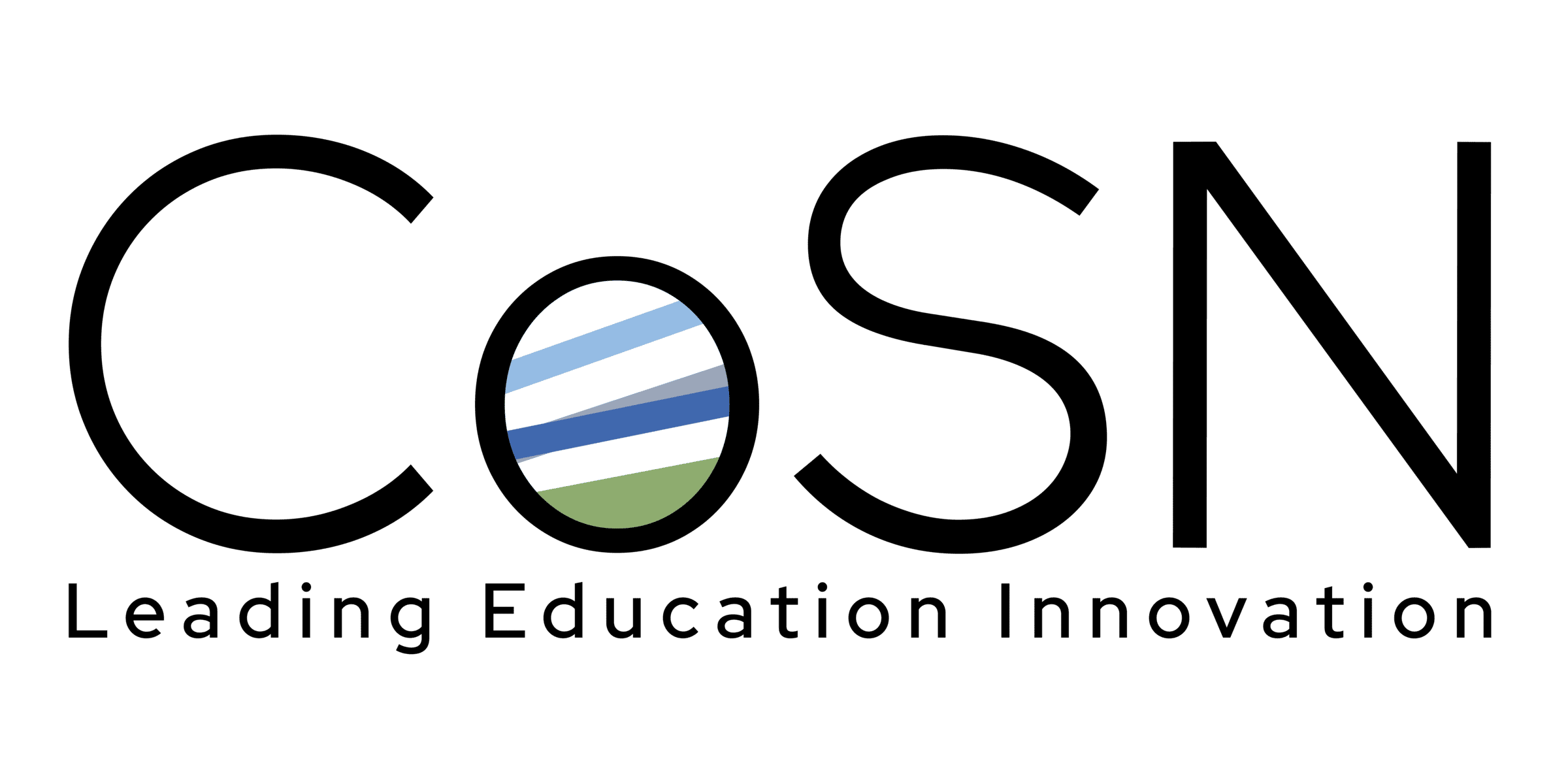Artificial Intelligence (AI) has the potential to influence practically every aspect of education and society as it rapidly expands both inside and outside of school. While it holds the potential to augment education to provide every student with personalized instruction at scale, it also brings a host of new challenges and considerations. Through this publication, we hope to support school and district leaders as they respond to the influx of AI in education and determine how it might impact their students, teachers, and families.
Though some narratives around AI leave teachers fearing for their jobs, both economists and education experts argue the opposite. The real potential for education lies in how AI augments what teachers and leaders do in schools, allowing them to be more adaptive to the needs of their students and less consumed by routine, repetitive tasks. If adopted with the idea of augmentation in mind, AI could help to solve administrative problems, automate certain tasks, afford teachers the time to construct more meaningful face-to-face learning opportunities, and realize that promise of personalization at scale through the implementation of adaptive assessments, intelligent tutoring systems, and platforms that support adaptive learning.
However, much of the current discussion around AI comes from futurists, business leaders, economists, and technologists. These conversations have celebrated the promise of AI with minimal conversation about critical questions and concerns. Before adopting new AI systems, school and district leaders need to not only consider some of the social and moral components but also three more immediate concerns: privacy, bias, and literacy.
First, most AI technologies have been built for commercial purposes and not education environments. As a result, they have not been designed to support school system compliance with state and federal privacy legislation nor with state student data privacy laws. Second, AI “learns” by applying algorithms to large data sets; and yet, there is ongoing concern about flaws and biases in the data itself. Finally, given all of these questions and concerns, algorithmic literacy will be increasingly important for administrators, teachers, and students, raising questions about the resources and knowledge educators need to make effective use of AI.
The promise (or over-promise) of AI is that it could potentially provide some types of learning experiences without the presence of a high-quality teacher. Given teacher shortages and retention issues, AI could be viewed as a means of providing “something” where “nothing” exists, inadvertently perpetuating education inequity by advancing a cheaper but inferior education system. Although international organizations have celebrated AI as a potential technology to transform education at scale, across multiple reports lies a recurring theme: the potential of AI lies in its ability to support great teachers and create new learning opportunities for students that take advantage of meaningful human relationships. The Education Commission explained, the true promise of AI lies in a combination of high-tech and high touch. CoSN’s AI in K-12 v 1.14
Download to Read more…


